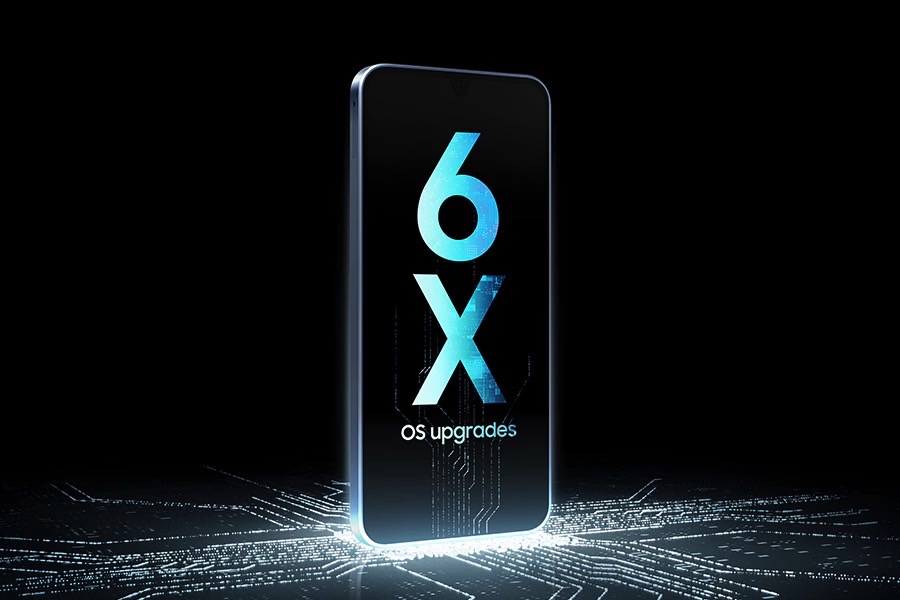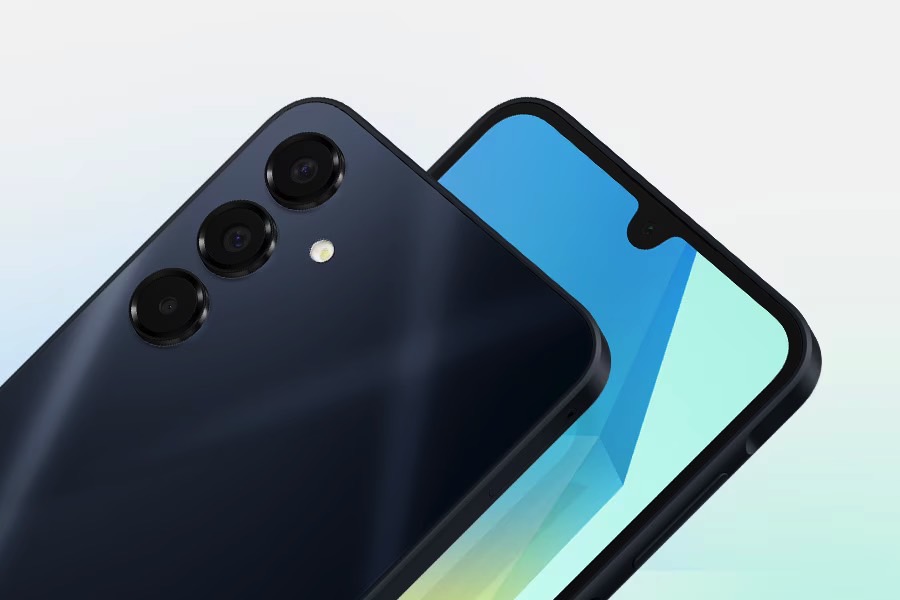Forget the Galaxy S24 Ultra, the Galaxy Z Fold 6 and Flip 6, and Galaxy AI. Samsung has quietly launched an entry-level Android smartphone that might be the most impressive thing the company has launched this year.
The Galaxy A16 is the followup to the Galaxy A15, a 5G phone that’s incredibly affordable. It doesn’t have Galaxy AI, but it supports 5G connectivity, and that should be all you need to know about a phone targeting buyers who are shopping on a tight budget.
But the Galaxy A16 stands out for doing something no phone in this price range can do. Samsung promised to give it 6 years of Android updates and 6 years of security updates. That’s unheard of for this particular market segment, and it’s just one year shy of the 7 years of software and security updates Samsung guarantees for its flagship phones.
Samsung and Google are two Android device vendors that have started touting these 7-year software upgrade guarantees. That’s a big deal for the Android ecosystem, as it’s about double the previous guarantees. It’s also more than Apple offers with iPhones. Apple never mentions software guarantees, but its phones routinely get 5 years of iOS updates.
This is a big marketing stunt from Samsung and Google, and we all know that. It’s highly unlikely that a 2024 flagship would be very useful in 2031. I’m not just thinking about software features in the 2031 version of Android that won’t be compatible with today’s hardware, but also about the handset’s durability. The battery health will degrade long before that. Other parts might fail, among other things.
Instead of paying for repairs three or four years after the phone’s purchase, you might be better off replacing it. At that point, the 7-year guarantee won’t matter.

All that having been said, I do think it’s a big deal for entry-level phones like the Galaxy A16. The same logic applies, don’t get me wrong. I don’t think the Galaxy A16 will be a very good phone in 2030. But if you intend to keep this cheap phone for 3-4 years, it’s great to hear that Samsung will have you covered for both software and security updates. Anything over 4 years is just a bonus that most people will not actually make use of.
Not to mention that now that Samsung is ready to offer 6 years of updates for cheap Android phones, other vendors will have to match it. Cheap Android phones should get even better as a result.
So, what does the Galaxy A16 have to offer right now? For €249 ($273), you get a 6.7-inch display with Full HD+ resolution and 90Hz refresh rate. It’s not a hole-punch screen, and the bottom bezel is on the larger side of things, but it’s still a good enough display.
Design-wise, the phone resembles the Galaxy S24 phones from a distance. It features flat sides and rounded corners, similar to Samsung’s more expensive phones.
Powering the phone is an Exynos chip paired with 4GB of RAM and 128GB of storage. You also get microSD support of up to 1.5TB.

The rear camera setup features a 50-megapixel wide camera, a 5-megapixel ultrawide camera, and a 2-megapixel macro camera. The front has a 13-megapixel camera.
A 5,000 mAh battery powers the Galaxy A16, and you get 25W wired charging speeds.
Add the IP54 dust and water resistance rating and the side fingerprint sensor, and you end up with a phone that will get the job done. That is, you’ll have a smartphone ready to let you surf the web and run all sorts of apps.
Back to that 6-year software guarantee, the Galaxy A16 launches with Android 14 rather than Android 15. Still, that’s not a bad start for a cheap Android phone.
It’s unclear when the Galaxy A16 will launch in the US, but European buyers in France and the Netherlands can buy it right away from Samsung’s local online stores. You can get it in black, turquoise, yellow, or gray.







